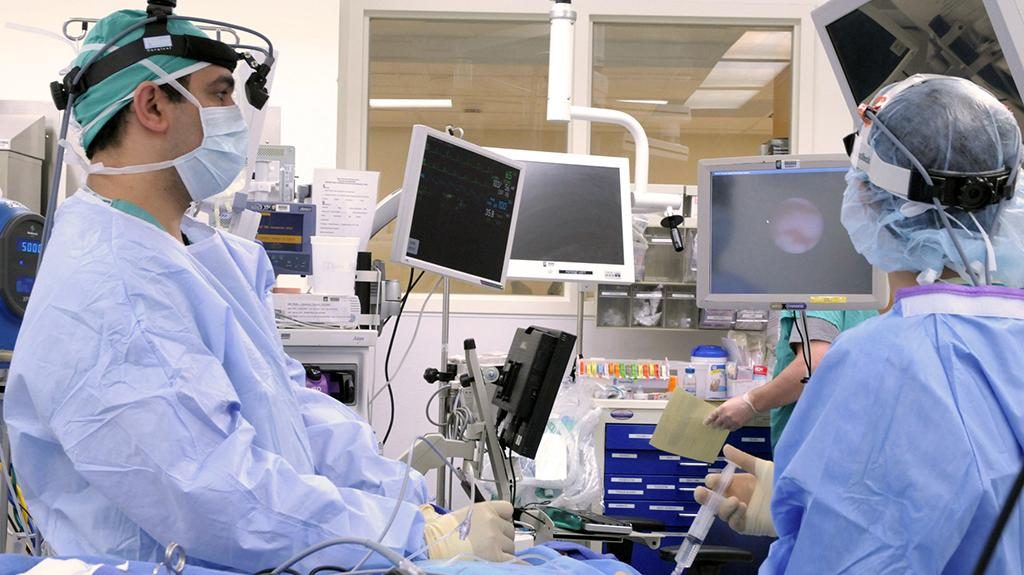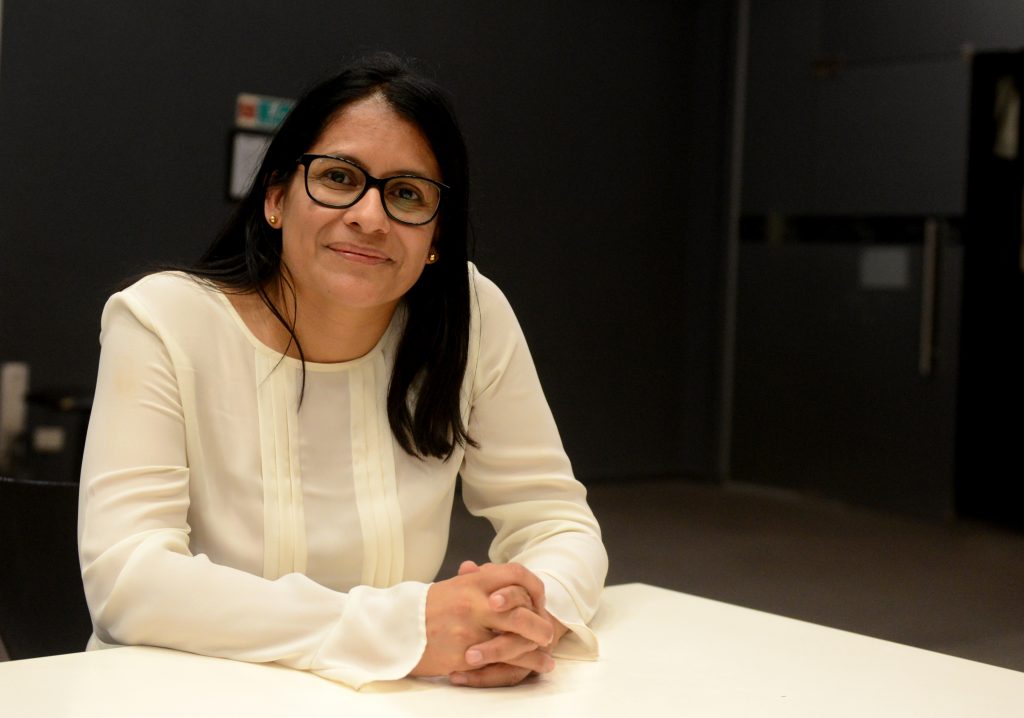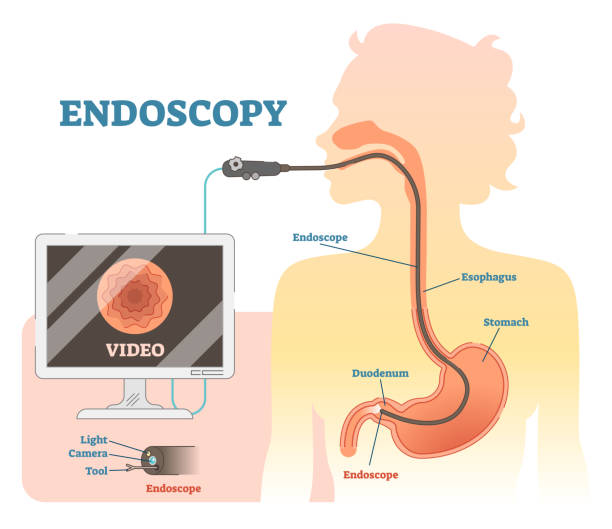"A professional is not an expert just because of the number of interventions made"

The regulations that will regulate the training of those who perform endoscopies were published at the national level. “This document will mark a before and after in medical practice,” said Carina Sequeira.
The Ministry of Health and Social Development of the Nation published the document called “Quality Guidelines in Endoscopy”, a work in conjunction with the most important scientific institutions in the country that establishes the regulations at the national level to perform endoscopic interventions.
“Many times a statistical number of practices is marked, which makes a professional expert from a certain number of high and low endoscopies. However, it is not enough with this data: you have to demonstrate competences in everything. Knowing how to interact with the patient, being able to establish a diagnosis, have a theoretical framework, master the skills and abilities, know how to lead and communicate, and, mainly, know how to handle adverse events, “he says in a conversation with Crónica, Carina Sequeira, (MN 101714 and MP450254) member of the Argentine Association of Surgery (one of the institutions consulted to write the guidelines) and member of the medical team of the Ramón Cereijo Sanatorium of the Santa Clara Clinic Network.

The surgeon Carina Sequeira was one of the specialists consulted for the preparation of the document. (Photo: Hernán Nersesian, Chronicle)
The document began to be dealt with in November 2017, when the then Ministry of Health convened different associations to develop a new way to regulate professional practice and establish the minimum building, instrumentation, training and ethical responsibility requirements. Paradoxically, the call took place only two months before the death of the lawmaker and journalist Débora Pérez Volpin in a case that is investigated as malpractice.
The published document “will mark a before and after in endoscopic practice,” says Sequeira since it establishes a series of indispensable requirements in the professional training to be enabled to practice this type of intervention. From now on, then, gastroenterologists and general and pediatric surgeons must accredit experience in the medical institutions to which they belong. “Each scientific society will be responsible for establishing what guidelines it requires in the training of its professionals so that they can practice these procedures. In the Argentine Society of Surgery, for example, they have been stipulated for years, “says Sequeira.
The importance of simulation in professional training
Historically, it was the gastroenterologists who imparted knowledge in the area and the practice of interventions. In fact, until recently there was no specialization in endoscopy for surgeons. It was only 7 years ago, when the “Hands on” course (an American term meaning “Hands-on-the-work”) of flexible endoscopy, created by Dr. Sequeira with a group of experts in the field, began to be taught. train professionals.
“Before, the learning process consisted solely of theory, going on to the tutoring intervention in patients. Now, the training includes theoretical training and practice in highly complex virtual simulators. In this way, professionals acquire knowledge by means of simulations, and then move on to the instance of supervised interventions with an experienced professional who supervises step by step, “says Sequeira.

Finally, the doctor clarifies that health policies in the country have changed in recent years, focusing more on the patient and not the professional in charge. It is precisely for this reason that simulations will take an increasingly important role in the training of professionals. “Before, everything focused on the surgeon, the professional. Now he focuses on the patient. To perform in any branch of medicine, one must receive training on simulated practices. So that the future professional learns to confront that patient and reduces the error rate or adverse events “.
By Jimena Golender
Source: cronica.com.ar


